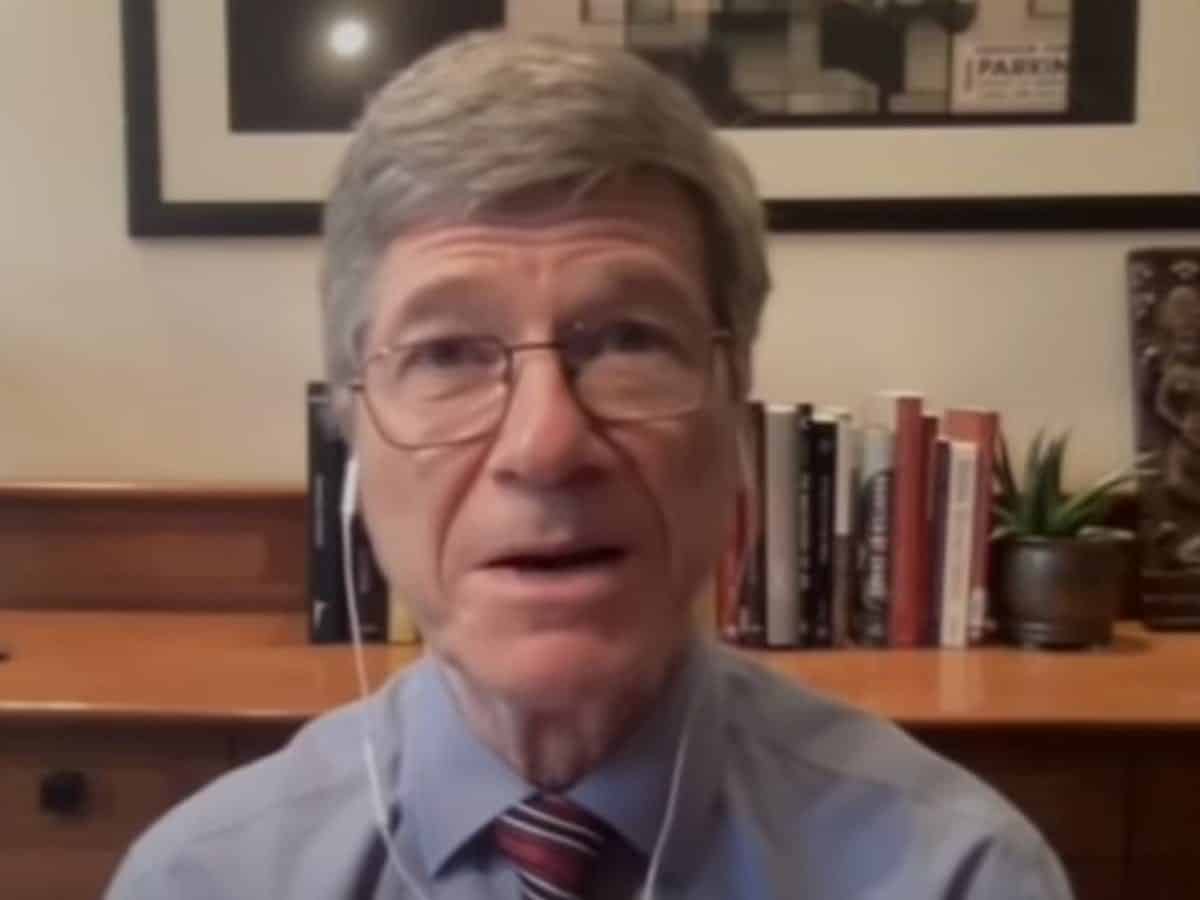Washington: Professor and director of the Center for Sustainable Development at Columbia University Jeffrey Sachs has shared his views on the impact of US policy on Afghanistan in the past two decades. He held America responsible for the crisis in Afghanistan.
He said that it all started in 1979 when the US began a covert operation to support radical jihadists, the mujahedeen to fight against the Soviet-backed regime. The operation provoked the Soviet invasion of Afghanistan.
In 2001, the US invasion once again resulted in war and violence in the country, he added.
No progress despite spending $1 trillion dollars
The professor said that despite spending $1 trillion dollars in two decades, Afghanistan has not witnessed any development.
Most of the spending went on military approaches instead of developmental projects. Because of lack of development, the US-backed Afghan government failed to gain support from the population and made it easy for the Taliban to return after two decades, the professor said.
Apart from ignorance, he held corrupt contractors and the military-industrial complex responsible for the US’s overdependence on military approaches.
Terming the US foreign policy on Afghanistan in the past 40 years ‘stupid policy’, he said that US withdrawal marked the end of a long failed story.
Is US responsible for crisis in many countries?
Comparing the withdrawal of US troops from Afghanistan with America’s exit from the Vietnam War, he said that the US is responsible for the crisis in many countries including Iraq, Syria, Vietnam, Cambodia, Laos, etc.
When asked about the reasons for the series of failed foreign policies of the US, the professor quoted a saying ‘when you have a hammer, everything looks like a nail’ and said that as the US has a powerful military, it sees war as a solution for everything.
In order to address the situation in Afghanistan, the US must have worked with China, Russia, and political forces in Afghanistan in the past two decades, the professor said.
Speaking about the solution to the Afghan crisis, he said that cooperation, peace, and development can only address the problem.


